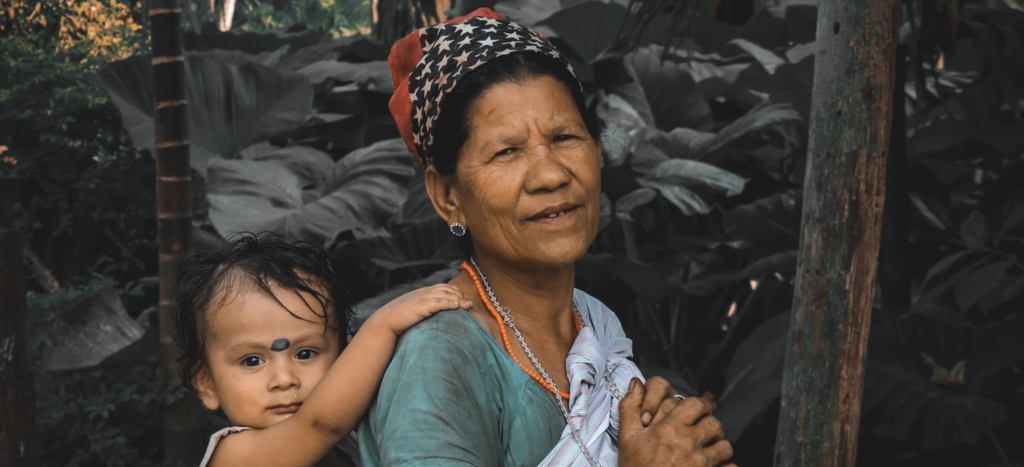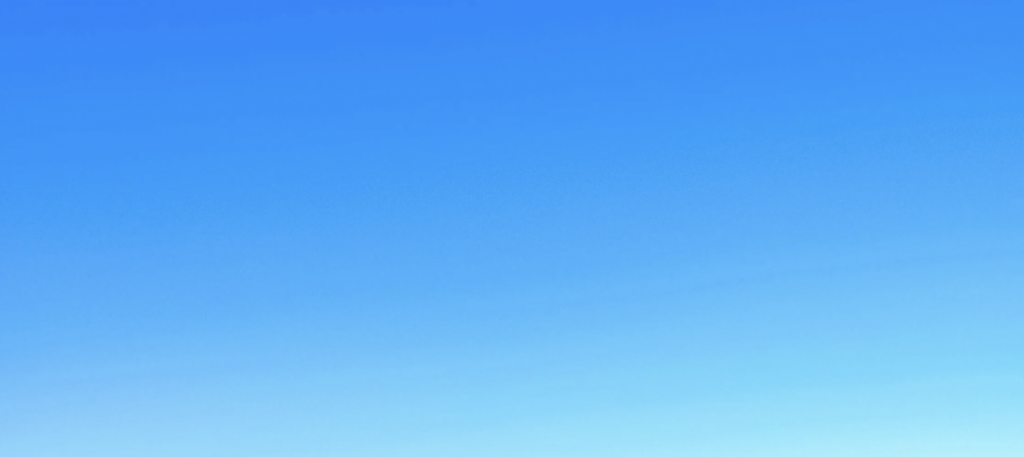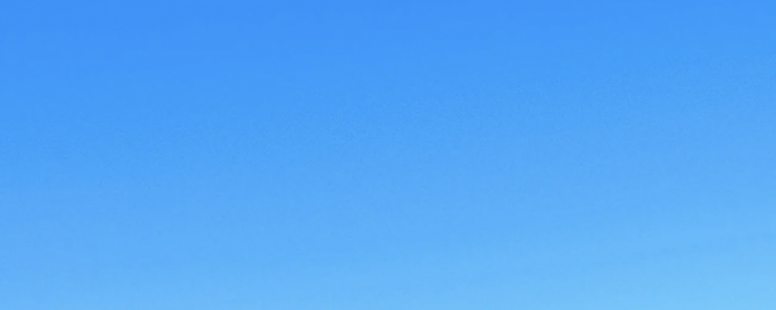The Purpose of Education (Part 3 of 3)
Does the purpose of education lie therefore in what educators think, know or believe? The educator has the capacity to be both aware of society’s demands and of the students’ specific circumstances. Therefore from an initial point of view it seems like the educator can offer a more holistic solution to this question.

Educators have often been trained for years to help people learn more effectively through research based pedagogy, and are supposed to know what is needed to live what they consider a fulfilled life. Australian teachers, for example, by gradually mastering the seven Australian Professional Standards for Teachers [APST], have the possibility to progress from graduate to lead teacher and become more proficient in giving the best possible education (Australian Institute for Teaching and School Leadership, 2017). Additionally, the McKinsey report (2007) explained that teachers are the most influential factor of quality teachings. This has been supported by recent research explaining that in an age of standardisation and normalisation, teachers’ judgment should not be lost as it is the most fundamental factor in the act of education (Biesta, 2015). Biesta (2014) also explains that in an epoch where learning becomes the constant focus point in education, the understanding that teachers have so much to give is undervalued. Aside from these benefits, a recent report shows that most teachers join the profession due to their idealism to contribute to a better world (McKenzie, Weldon, Rowley, Murphy & McMillan, 2014). It means that most teachers would align their purpose with UNESCO and the idea of peace, student’s fulfilment and greater social equity. Furthermore, teachers are able to deliver both the enacted curriculum and the emergent curriculum, coming from the interaction and questioning with the students ‘in vivo’ (Gobby & Walker, 2017). This would make their practices realise the interests of both students and society. By meeting the two aspects stated above in our inquiry, the purpose of education therefore would seem to be able to embrace a more holistic approach to the purpose of education. Biesta (2015) three domains seem in this way to correlate with what educator’s view could become to the purpose of education: qualification, socialisation and subjectification.

As per Biesta’s example, educators have the power to draw from their personal wisdom and insight in order to redefine the purpose of education in their own ways. Numerous pedagogues such as Steiner (1997), Montessori (1989), Dewey (1916), Freire (1996), and Krishnamurti (1956), which are the few that I have studied more deeply over the last 20 years, observed how humans develop, learn and can be brought up to their highest potential. From this wisdom, they created pedagogies, schools or ways of educating. Usually the purpose they offer is similar to UNESCO’s direction: developing the student’s fullest potential. Their approaches, which differ from each other, are often considered alternative education, but have nonetheless influenced mainstream education greatly up to now. Taking the example of Paolo Freire, he saw that education needed to be a bridge for greater equity, freedom, social justice and love. From his purpose, he developed ways to create a safe space for students to think for themselves in a relationship based on love rather than authority (Freire & Faundez, 1989). This approach became known as critical pedagogy, which has been an inspiration for UNESCO for example (Elfert, 2015). Another example that inspired me personally as an educator is the approach of Jiddhu Krishnamurti. His philosophy of education is based on the paradigm that humans can free themselves by understanding and seeing the psychological cages they are creating for themselves constantly. By doing so, they are able to live a life based on true love and freedom unconditioned by greed, hatred, confusion, power, violence or corruption (Gurmeet, 2015; Pandey, 2013; Malhotra, 2018).

There are, however, a few issues that made me hesitant to adopt the educator’s views on the purpose of education as my own personal practice. The main concern for me is the gap between the ideology and the practice itself. Often the intention and purpose are very noble, but the implementation requires a high level of study, self-inquiry and wisdom on the part of the educator. It corresponds with the difficulties of teachers to be able to embody their beliefs and to walk the talk in the classroom (Phillips & Lampert, 2012). While their purpose is altruistic, they are often conditioned by the pressure they receive from their hierarchy or even by their own emotional and psychological limitations (Krishnamurti, 1993). In other words, how can we see each student fully if we are psychologically busy thinking of our domestic issues, desire of security, government pressure, competitive mentality of climbing the ladder to become more successful and comfortable in our career? When the ideal and purpose is not deeply integrated in the educators, the risk of dogmatism and/or inadequate pedagogy can manifest (Kremer-Hayon, Moore & Nevat, 1985). We know now that relationships are not only key to education but also to a happy life (Mineo, 2017). If a high responsibility is given to the relationship with the educators, what if they are not able to meet each child beyond their own belief, their own discovery, own knowledge of what is right or wrong? In such intrapersonal confusion, how can one make sure to achieve article 29 of the Convention on the Rights of the Child (Unicef, 1995) to help each child realise itself fully? In fact, teachers are human beings and are not immune to mistakes and biased views. Furthermore, placing the teaching and learning direction with the teacher creates a position of power which goes against the very educational ideal they are proposing, removing empowerment for the student and doesn’t encourage the student to develop an internal locus of control (Greenberg, 1995; Farhangi, 2018).

The diversity of thoughts, expertise and the holistic views of educators make the world of education rich, and full of practical insightful strategies for educators. However, for the above mentioned reason, placing the whole purpose of education into their hands seems to me perhaps limiting, overpowering, and certainly too fragile.

The above inquiry is the product of the countless reflections I have had throughout the numerous drafts made for this essay over the last seven weeks. Going from what seemed obvious after years of reflection on this topic to a more thorough research guided by Shelley Davidow in this course on where the treasure of education is, it seems to me at this moment that there is no way to find any specific purpose to education. I tried my best to find it in order to obtain personal and professional congruence and clarity, but I simply couldn’t. In a way, trying to find a purpose to education has been like trying to find a corner in the sky. The more I tried, the more I discovered the beauty, vastness and infinite possibility that can manifest in the field of education. As soon as I set my mind on a purpose, I found myself limiting the answer to a perspective only and having to leave all other purposes aside. I tried to overcome this conflict but nothing seemed to be of the level of congruence desired.

After the initial shock I experienced, this non-finding became the ground for the best finding, the absence of perfectionism, dogma, one size fits all, self-importance as teachers, and the presence of openness, love, freedom, evolution and true attention to what is (Norbu, 2018). I discovered that when this awareness replaces the expectation for the teacher to behave a certain way according to a specific ideal or purpose of education, there is no more pressure on doing things right or wrong, there is just the action of doing our best. I feel as a teacher that removing this ideological perspective on education created more congruence with the way I live. I can see that with this awareness there will be an opportunity to be more relaxed, to reflect with greater honesty on my practice and most of all to offer a sustainable approach to a continuity in the profession.
The question now is therefore: will I be able to maintain continuity of presence of this awareness during my life as teacher? If not, what would be the reason? How, as a teacher, can I learn from such a challenge?

In conclusion, I see the purpose of education as something practical and not idealistic that needs to reveal itself in interplay between the student, the educator and society. In this way, what is revealed can hopefully bring light and joy in the hearts of many, and maybe this itself is the treasure that we were looking for. As the fox said to the Little Prince: “It is only with the heart that one can see rightly; what is essential is invisible to the eye.” (de Saint-Exupéry, 2018).

Reference List:
Australian Institute for Teaching and School Leadership. (2017). Australian Professional Standards for Teachers. Retrieved from the web site: www.aitsl.edu.au/teach/standards
Biesta, G. (2014) “Receiving the Gift of Teaching: From ‘Learning From’ to ‘Being Taught By’”. Studies in Philosophy and Education, vol. 32 (2). p.449–461.
Biesta, G. (2015). What is Education For? On Good Education, Teacher Judgement, and Educational Professionalism. European Journal of Education, 50(1), 75–87. https://doi.org/10.1111/ejed.12109
de Saint-Exupéry, A. (2018). The Little Prince: A new translation by Michael Morpurgo. Random House.
Dewey, J. (1916). Democracy and Education. New York: Macmillan.
Elfert, M. (2015). UNESCO, the Faure Report, the Delors Report, and the Political Utopia of Lifelong Learning. European Journal of education research, development and policy. https://doi-org.ezproxy.usc.edu.au/10.1111/ejed.12104
Farhangi, R. (2018). Why did I create a school in which children do whatever they like. Actes Sud.
Freire, P. (1996). Pedagogy of the oppressed. London: Penguin.
Freire, P., & Faundez, A. (1989). Learning to question : a pedagogy of liberation. Geneva: WCC Publications.
Gobby, B., & Walker, B. (2017). Powers of curriculum : sociological perspectives on education . South Melbourne, Victoria: Oxford University Press.
Greenberg, D. (1995). Free at last: The Sudbury valley school. The Sudbury Valley School.
Gurmeet, K. (2015). Educational thoughts of J Krishnamurti and their relevance to present education. Kumaun University: Department of education. Retrieved from: http://hdl.handle.net/10603/43710
Kremer-Hayon, L., Moore, M., & Nevat, R. (1985). Dogmatism in Teacher Education Practices. The High School Journal, 68(3), 154–157.
Krishnamurti, J. (1956). Education and the significance of life. New-York: Haper Collins publishers
Krishnamurti, J. (1993). A Flame of Learning, Krishnamurti with teachers. Chennai: Krishnamurti Foundation India.
Malhotra, M. (2018). Relevance of Educational Contribution Of Jiddu Krishnamurti In The Present System Of Education. International Journal of Scientific Research and Management, 6(01).
McKenzie, P., Weldon, P. R., Rowley, G., Murphy, M., McMillan, J. (2014). Staff in Australia’s schools 2013: Main report on the survey. Retrieved from: https://docs.education.gov.au/system/files/doc/other/sias_2013_main_report.pdf
McKinsey report. (2007). How the best performing school systems come out on top. Retrieved from: https://www.mckinsey.com/industries/social-sector/our-insights/how-the-worlds-best-performing-school-systems-come-out-on-top
Mineo, L. (2017). Harvard study, almost 80 years old, has proved that embracing community helps us live longer, and be happier. Harvard Gazette, 11
Montessori, M. (1989). To Educate the Human Potential. Santa Barbara: ABC-CLIO.
Norbu, C.N. (2018). Starting the evolution. Arcidosso: Shang Shung Publication
Pandey, P. S. (2013). J. Krishnamurti’s right education. Educational Quest: An International Journal of Education and Applied Social Sciences 4(3), p.207-212
Phillips, J., & Lampert, J. (2012). Introductory indigenous studies in education : reflection and the importance of knowing. Frenchs Forest, N.S.W: Pearson Australia.
Steiner, R. (1997). The roots of education. Hudson, NY: Anthroposophic Press.
Unicef. (1995). Convention on the Rights of the Child. Paris: United Nation Educational.
